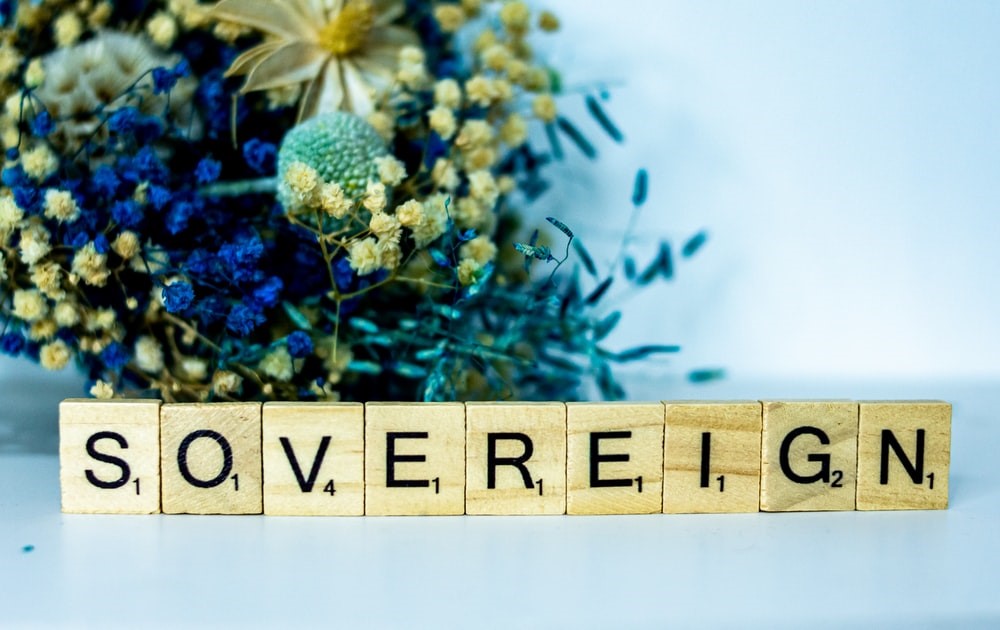
After reading “What is the Theory of Popular Sovereignty?”, read also “What is the Party-List System in the Philippines?”
-
The Philippines is a democratic and republican State.
-
Sovereignty resides in the people and all government authority emanates from them.
-
The importance of the people’s choice must be the paramount consideration in every election, for the Constitution has vested in them the right to freely select, by secret-ballot in clean elections, the men and women who shall make laws for them or govern in their name and behalf.
The law says:
The Theory of Popular Sovereignty is embodied in Article II Section 1 of the 1987 Constitution. It states that:
“The Philippines is a democratic and republican State. Sovereignty resides in the people and all government authority emanates from them.”
What is meant by the term “suffrage”?
Suffrage refers to the right to vote in the election of officers chosen by the people and in the determination of questions submitted to the people. It includes within its scope election, plebiscite, initiative, and referendum. (p.615, Outline Reviewer in Political Law. Nachura. 2016.)
Suffrage can be considered as a constitutional right in the sense that such is conferred by the 1987 Constitution. Being a consequence of citizenship, it is also classified as a form of political right which enables every citizen to participate in the election process of the government. This aims to assure that the government derives its powers from the consent of the people, an attribute of republicanism as mandated by no less than the 1987 Constitution.
What is election?
Election refers to the means by which the people choose their officials for a definite and fixed period and to whom they entrust for the time being the exercise of the powers of the government. (p.1107-1108, Philippine Constitutional Law, Principles and Cases. De Leon, 2017).
Election is the means by which the people choose, through the use of the ballot, their officials for the for definite and fixed periods and to whom they entrust, for the time being as their representatives, the exerciser of powers of government. (Garchitorena v. Crescini, G.R. No. L-14514, 18 December 1918).
Jurisprudence says:
“The importance of the people’s choice must be the paramount consideration in every election, for the Constitution has vested in them the right to freely select, by secret-ballot in clean elections, the men and women who shall make laws for them or govern in their name and behalf.” (Geronimo v. Ramos, G.R. No. L-60504, 14 May 1985).
“In elections, the first consideration of every democratic polity is to give effect to the expressed will of the majority. It is true that constitutional and statutory provisions requiring compliance with measures intended to enhance the quality of our democratic institutions must be obeyed.” (Yason v. COMELEC, G.R. No. L-52713, 31 January 1985).
“All governmental authority emanates from our people. No unreasonable restrictions of the fundamental and preferred right to expression of the electorate during political contests no matter how seemingly benign will be tolerated.” (Diocese of Bacolod v. COMELEC, G.R. No. 205728, 21 January 2015).
Alburo Alburo and Associates Law Offices specializes in business law and labor law consulting. For inquiries, you may reach us at info@alburolaw.com, or dial us at (02)7745-4391/0917-5772207.
[email-subscribers-form id=”4″]

